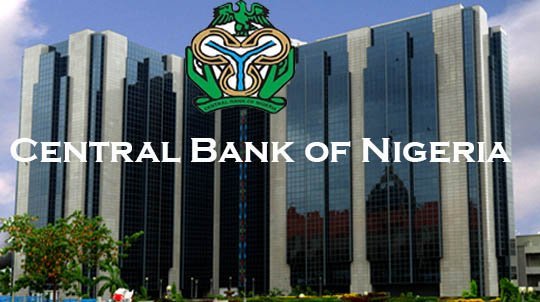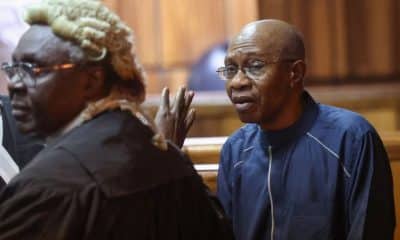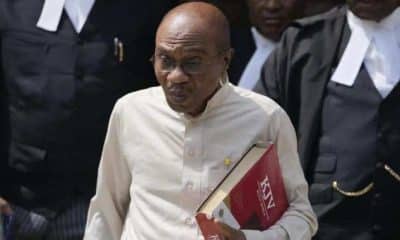Business
Expert Warns CBN Over Banks’ Forex Ban

The decision of the Central Bank of Nigeria to stop the sale of foreign exchange to deposit money banks has attracted reactions from financial analysts.
Pat Utomi, a renowned economist, in an interview with Punch, claimed that the decision of CBN might worsen dollar scarcity, increase inflationary pressures and fuel exchange rate shocks.
Recall that the Governor of CBN, Godwin Emefiele, last Thursday advised banks to begin plans to meet their forex needs from export proceeds as it would soon stop selling forex to them.
According to Emefiele, the decision was reached due to the apex bank’s new commitment to boosting the country’s foreign exchange reserves through proceeds from non-oil exports.
The CBN governor during a press conference said, “The banks don’t have a choice and I said so this morning in the meeting, I said the era where because a bank needs $100m foreign exchange or $200m, they will bring the request to the CBN to fulfil, is coming to an end.
“Before or latest by the end of this year, (DMBs) will not come to the CBN for foreign exchange again. They should go and generate their export proceeds, fund people who want to generate non-oil export proceeds, when the proceeds come we will fund them at five per cent for you, the proceeds will earn rebates, that is how we can help you.”
“But when those proceeds come, sell the proceeds to importers; don’t come to the CBN for the dollars because we will stop providing. We will stop it.”
He however noted that the banks might be able to access a portion of their forex demands from the CBN if they could provide impressive exports promotion records.
“Or maybe if they are lucky, if the bank approaches us for forex, if we see their exports records, we will give them five or 10 per cent of that request.”
Renowned economist, Prof Pat Utomi while speaking on the development lamented over the uncertainties of the forex market as a result of the unstable policies of the CBN.
Utomi claimed that the apex bank is used to impromptu policies and regulations that erode investors’ confidence in the forex market and the economy.
“Sometimes, the authorities act in panic when they see that our reserves are running low, yet, the policies that we are implementing are inevitably going to lead to those conditions anyway.
“The controls over the market typically affect the inflow of forex, but committing is better than poor regulation. If you commit to a regime of control there will be more stability, people (investors/Nigerians in Diaspora) can trust the market, they will not be afraid of uncertainties.
“The monetary authorities haven’t been consistent with their policies; they can wake up any day and change the laws.
“As such, there isn’t policy clarity. The result of all these is that those who can supply forex into the markets become reluctant to supply because they don’t know how the market will be tomorrow.
“The proposed policy change is signalling, when you make this move people will think you are panicking and those who can bring forex will hold back which will lead to increased scarcity.
“In the end, what would happen is that the economic conditions will become worse.”
He added that there was an urgent need for the CBN to adopt a rigid strategy for the forex market and commit to that strategy in the long term.












